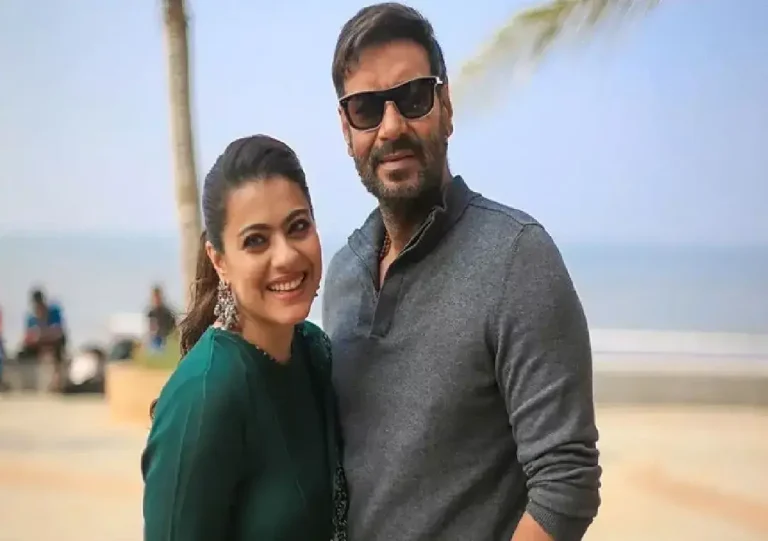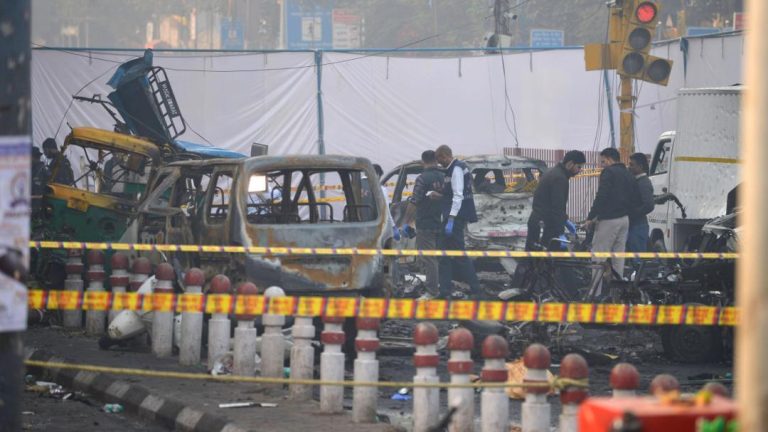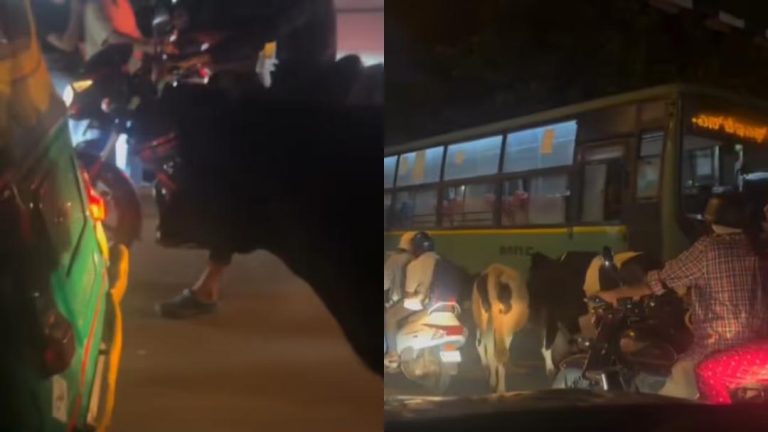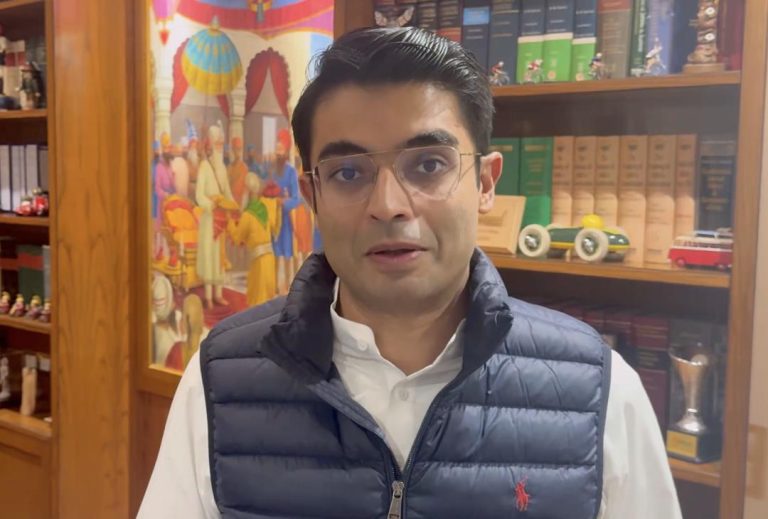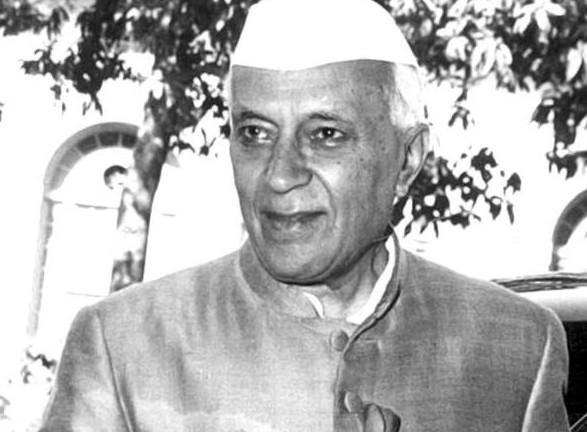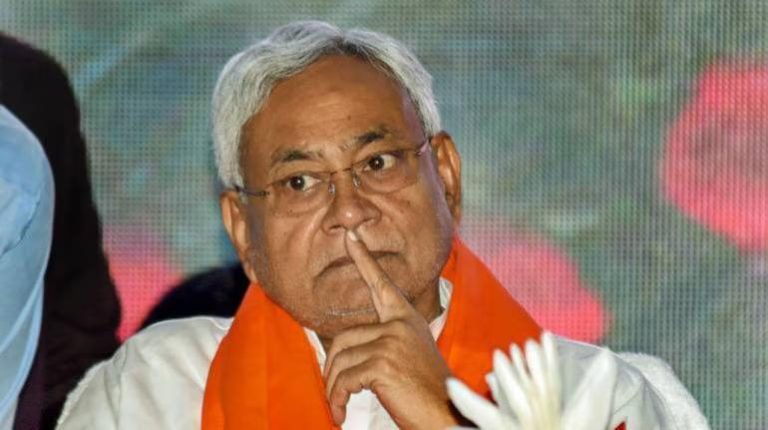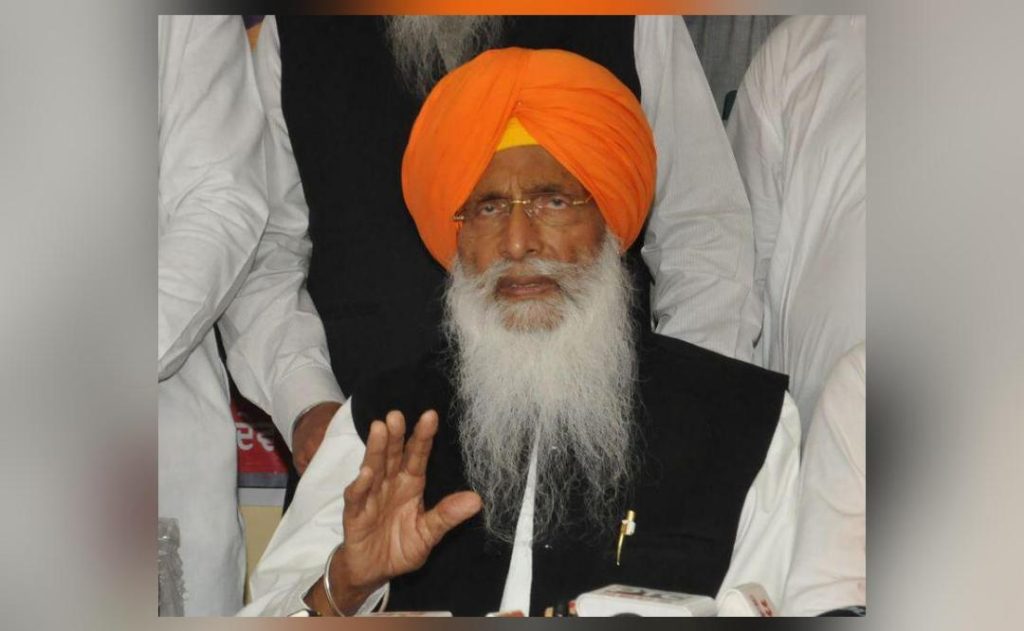
Ex-Union Minister & Akali leader Sukhdev Singh Dhindsa passes away
It is with a heavy heart that we bid farewell to a stalwart of Indian politics, Sukhdev Singh Dhindsa, who breathed his last at the age of 89 on Wednesday at a private clinic in Punjab’s Mohali. The former Union Minister and senior Shiromani Akali Dal leader was undergoing treatment for age-related issues at the time of his passing.
Dhindsa’s passing has sent shockwaves across the political spectrum, with tributes pouring in from across the country. His contributions to Indian politics and society will be deeply missed, and his legacy will continue to inspire future generations.
Born in 1933, Dhindsa was a prominent figure in Punjab politics for over five decades. He started his political career in the 1960s and rose to prominence as a leader of the Shiromani Akali Dal (SAD), a political party that has a significant following in the state of Punjab.
Dhindsa’s political career was marked by several milestones. He was first elected to the Punjab Legislative Assembly in 1962 and went on to serve as a minister in the state government. He later moved to New Delhi and was elected to the Lok Sabha (Lower House of the Indian Parliament) in 1984.
In 1986, Dhindsa was inducted into the Union Council of Ministers by Prime Minister Rajiv Gandhi and served as the Minister of State for Defence. He held this position until 1989, playing a key role in shaping India’s defence policy during a tumultuous period.
Dhindsa’s association with the SAD continued, and he served as the party’s chief whip in the Lok Sabha from 1991 to 1996. He also held the position of the party’s national vice-president from 2004 to 2008.
In recognition of his contributions to the nation, Dhindsa was awarded India’s third-highest civilian honour, the Padma Bhushan, in 2019. However, he returned the award in December 2020 in solidarity with the Indian farmers who were protesting against the Centre’s agricultural reforms.
Dhindsa’s decision to return the Padma Bhushan was seen as a strong statement of support for the farmers, who were demanding better prices for their produce and an end to the Centre’s new farm laws. His move was widely appreciated by the farming community and other sections of society who were sympathetic to their cause.
Throughout his career, Dhindsa was known for his strong commitment to social justice and his unwavering support for the marginalized sections of society. He was a vocal advocate for the rights of farmers, workers, and women, and his passing has left a void in Indian politics.
As news of his passing spread, tributes poured in from across the country. Punjab Chief Minister Amarinder Singh condoled his death, saying that Dhindsa was a “stalwart leader who dedicated his life to the service of the people of Punjab”. SAD president Sukhbir Singh Badal also paid his respects, calling Dhindsa a “true leader who always put the interests of the people above personal gain”.
The news of Dhindsa’s passing has left many of his colleagues and admirers in shock. As we bid farewell to this remarkable individual, we can’t help but reflect on the impact he had on Indian politics and society. His legacy will continue to inspire future generations, and his contributions to the country will never be forgotten.
